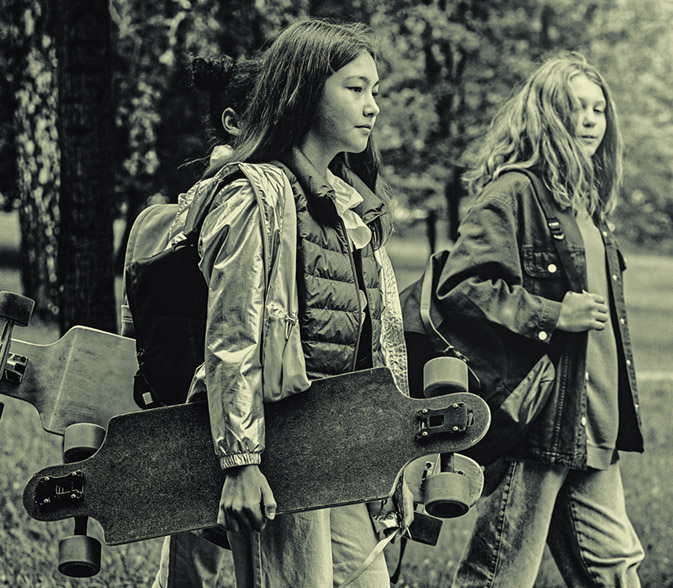About this course
" .. how does it happen that very young children, all of whom quite naturally absorb great quantities of visual information, grow up to be visually illiterate? The answer, as far as I can make out, is that this early capability is simply beaten out of them by the educational process." George NELSON in 'How to See': A guide to reading our manmade environment (1977)
This is a digital course in seeing, published online to make it easy for you to download and comment. It is basically for anyone who wants to join me on this visual tour, but primarely aimed at young adolescents: end primary, beginning high school.
You may ask why a course in 'seeing'. Because obviously, in education, there is something missing. In school, children will learn a lot, but to my knowledge not how to see. Babies start with seeing the world, then comes touch and after that speech. So seeing is of vital importance and anything you can learn about that is more than welcome. Also, when we 'see' in a broader perspective, it teaches us something about ourselves and our way of living.
There is a danger that, despite all my best intentions, I am looking with a western point of view. Or is there something like a universal way of seeing, now with all influences from digital media? This could probably be even more true for younger children.
I have been a professional photographer all my life and I write this program also because I want to share my passion. I am sure some of the students will make great photographers!
My intention is to send this program to schools worldwide and give these schools the possibility to interact. I will be glad to bring you in contact! (see 'network'). Children can make great pictures (even better after taking this course) and they love to connect with other children around the globe.
Please understand that all these articles can be used independently. So you don't have to use any specific order and (in education) you can give more time and importance or even skip to certain items as you see fit.
This can make it much more fun teaching: put an arty lesson between the anatomical stuff or 'body language' after a more serious topic.
As long as the teacher who is giving this course speaks a little English, Google translate can do the rest. The different slides are available in layers to make it easier to change headings and texts. Maybe I can be of help in translating the titles?
This course is free of charge, no money is involved. I don't earn from it, but I also don't have any sponsors or access to funding. (so please don't send any e-mails asking me to buy or fund anything).
The course is copyrighted, which does not mean that, in your download, you cannot add or alter subjects to suit your culture or belief. You can print, pass it on or translate it. If you cannot go online in your classroom it is easier to download the complete website first before showing it on a computer or beamer, or print the different topics on demand and circulate it in the class.
But you may not sell this course or publish it under a different name. And when you pass it on, please be sure to include my contact address.

